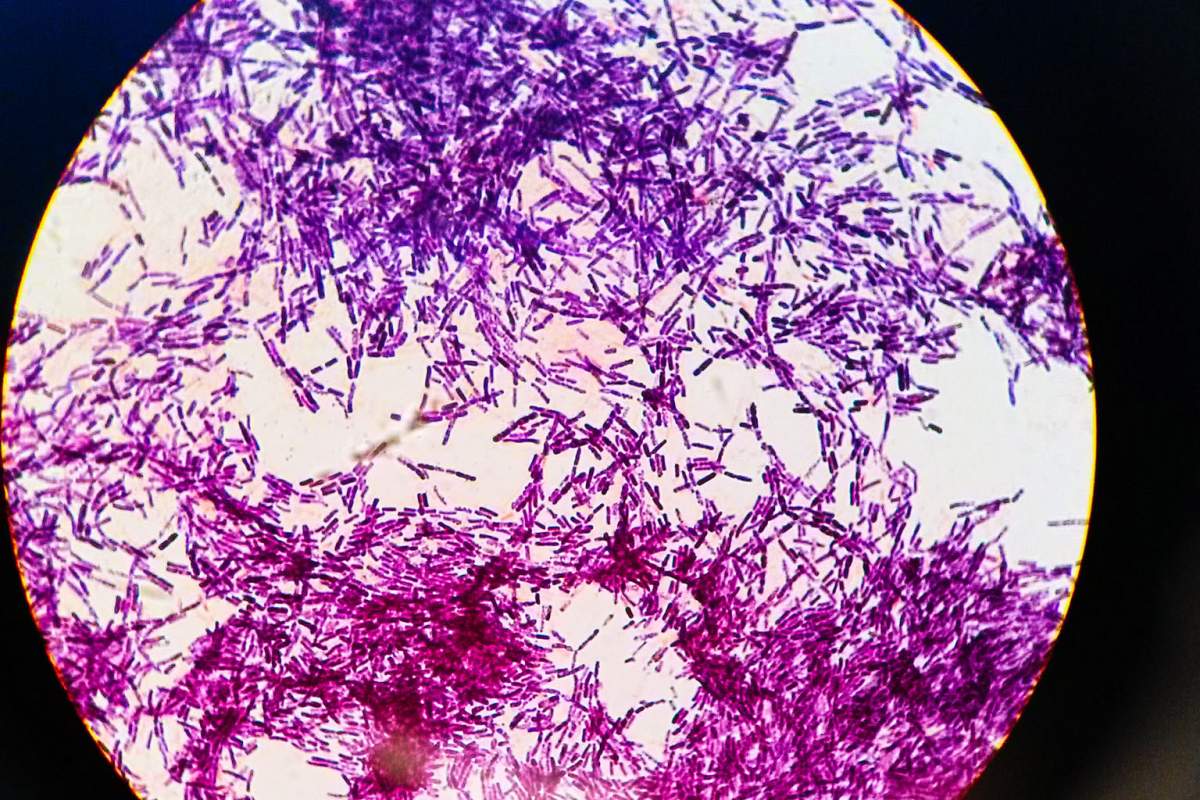
Have you ever wondered what it's like to be a single bacterium? I know they don't have a central nervous system like we do, but do they have any way to sense their surroundings?
Well, scientists have discovered that bacteria, which are microscopic single-celled organisms, do have a way to sense and respond to touch. New studies are helping us understand more and more about how their tactile sense works.
Pili
It‘s important for bacteria to be able to find and adhere to surfaces: they need to be able to tell once they‘ve come in contact with something. That‘s where microbial appendages – called "pili" – come in.
A bacterium has several hair-like pili on the outside, which they extend and retract, constantly reaching out and pulling back in. When one of the pili comes in contact with a surface, it sticks and causes tension as the appendage tries to pull away.
Like Fishing
A way to think about how that works, and it's a way that one of the scientists described it, is it's sort of like fishing, when you‘re trying to pull back and there‘s tension on the line.
And when pili try to pull back and are met with resistance, this tension somehow signals to the bacterium to change its behavior. It stops moving and starts producing a sticky substance called "bioadhesive." This bioadhesive helps it attach to a surface, where it can then begin to multiply.
Want to keep thinking about the sense of touch? We have an article about why sometimes something very hot can feel very cold. Or you could read (and try) this experiment that demonstrates how some nerves in your body are more sensitive than others.
Thank you to Professor Yves Brun of Indiana University and Courtney Ellison of Indiana University for reviewing this episode's script.
Sources And Further Reading:
- Hug, Isabelle. Deshpande, Siddharth. Sprecher, Kathrin S. Pfuhl, Thomas. Jenal, Urs. "Second messenger–mediated tactile response by a bacterial rotary motor." Science. Science 27 Oct 2017:
Vol. 358, Issue 6362, pp. 531-534 DOI: 10.1126/science.aan5353
- Sheridan, Jill. "Bacteria‘s ‘Sense Of Touch‘ Discovery Made In Indiana." Indianapublicmedia.org. October 27, 2017. Accessed February 28, 2018.
- Starr, Michelle. "Scientists Just Discovered That Bacteria Have a Sense of Touch." ScienceAlert.com. October 27, 2017. Accessed April 2, 2018.









